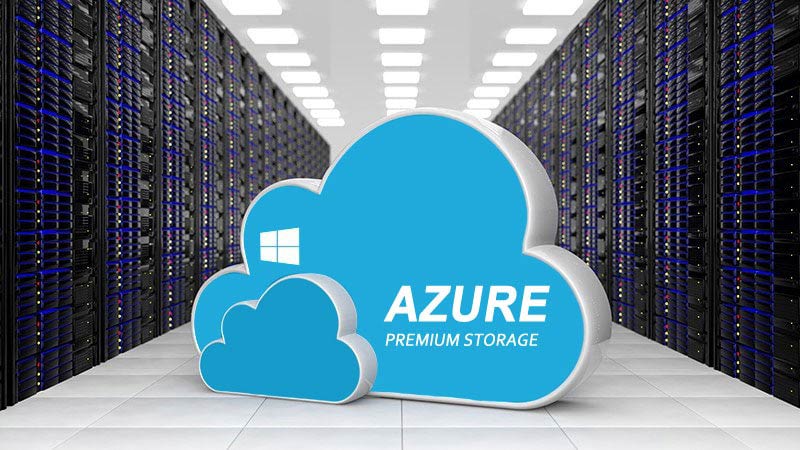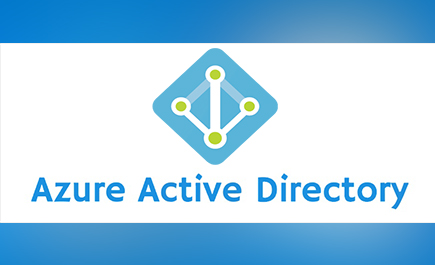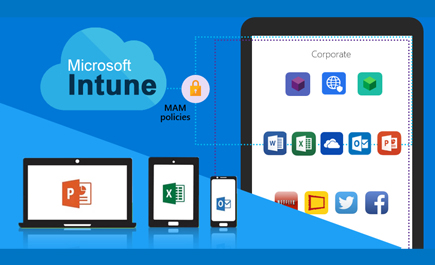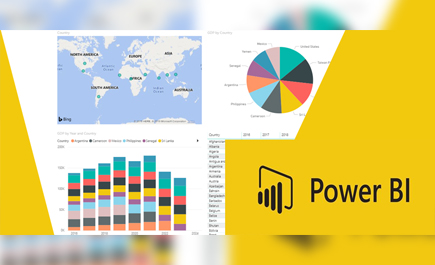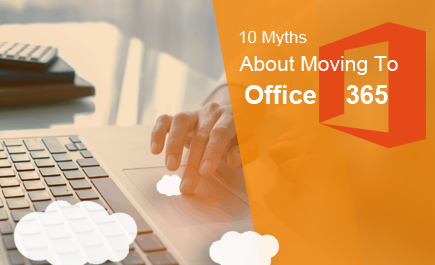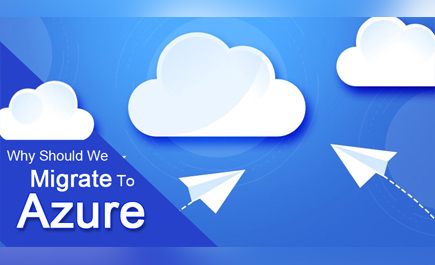Premium Storage
Premium Storage
Azure Premium Storage delivers high-performance, low-latency disk support for virtual machines (VMs) with input/output (I/O)-intensive workloads. VM disks that use Premium Storage store data on solid-state drives (SSDs). To take advantage of the speed and performance of premium storage disks, you can migrate existing VM disks to Premium Storage.
In Azure, you can attach several premium storage disks to a VM. Using multiple disks gives your applications up to 256 TB of storage per VM. With Premium Storage, your applications can achieve 80,000 I/O operations per second (IOPS) per VM, and a disk throughput of up to 2,000 megabytes per second (MB/s) per VM. Read operations give you very low latencies.
With Premium Storage, Azure offers the ability to truly lift-and-shift demanding enterprise applications like Dynamics AX, Dynamics CRM, Exchange Server, SAP Business Suite, and SharePoint farms to the cloud. You can run performance-intensive database workloads in applications like SQL Server, Oracle, MongoDB, My SQL, and Redis, which require consistently high performance and low latency.
Features
Here are some of the features of Premium Storage:
Premium storage disks
Premium Storage supports VM disks that can be attached to specific size-series VMs. Premium Storage supports DS-series, DSv2-series, GS-series, Ls-series, Fs-series, and Esv3-series VMs. You have a choice of seven disk sizes: P4 (32 GB), P6 (64 GB), P10 (128 GB), P20 (512 GB), P30 (1024 GB), P40 (2048 GB), P50 (4095 GB). P4 and P6 disk sizes are yet only supported for Managed Disks. Each disk size has its own performance specifications. Depending on your application requirements, you can attach one or more disks to your VM.
Premium page blobs
Premium Storage supports page blobs. Use page blobs to store persistent, unmanaged disks for VMs in Premium Storage. Unlike standard Azure Storage, Premium Storage does not support block blobs, append blobs, files, tables, or queues. Premium page blobs support six sizes from P10 to P50, and P60 (8191GiB). P60 Premium page blob is not supported to be attached as VM disks. Any object placed in a premium storage account will be a page blob. The page blob snaps to one of the supported provisioned sizes. Therefore, a premium storage account is not intended to be used to store tiny blobs.
Premium storage account
To start using Premium Storage, create a premium storage account for unmanaged disks. In the Azure portal, to create a premium storage account, choose the Premium performance tier. Select the Locally-redundant storage (LRS) replication option. You also can create a premium storage account by setting the performance tier to Premium LRS. To change the performance tier, use one of the following approaches:
- PowerShell for Azure Storage
- Azure CLI for Azure Storage
- Azure Storage Resource Provider REST API (for Azure Resource Manager deployments) or one of the Azure Storage resource provider client libraries
Premium locally redundant storage
A premium storage account supports only locally redundant storage as the replication option. Locally redundant storage keeps three copies of the data within a single region. For regional disaster recovery, you must back up your VM disks in a different region by using Azure Backup. You also must use a geo-redundant storage (GRS) account as the backup vault. Azure uses your storage account as a container for your unmanaged disks. When you create an Azure VM that supports Premium Storage with unmanaged disks, and you select a premium storage account, your operating system and data disks are stored in that storage account.



